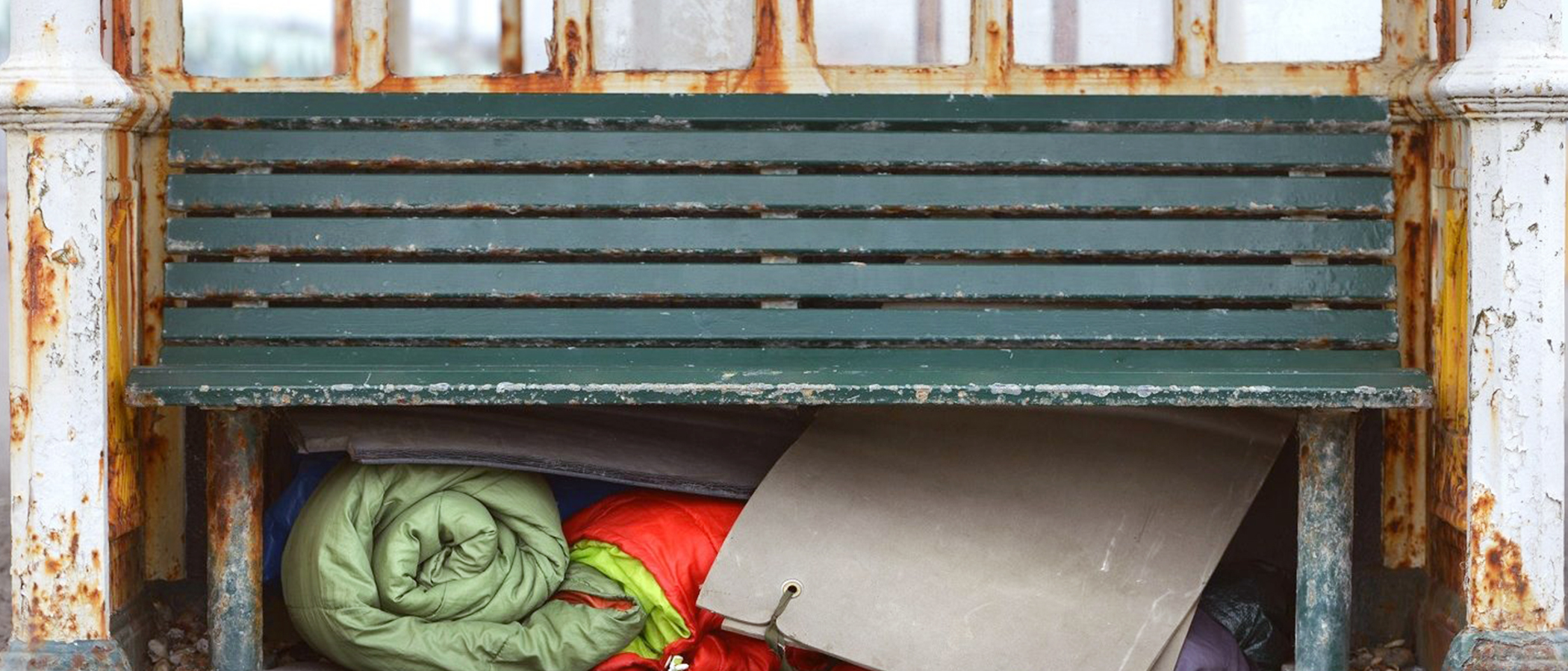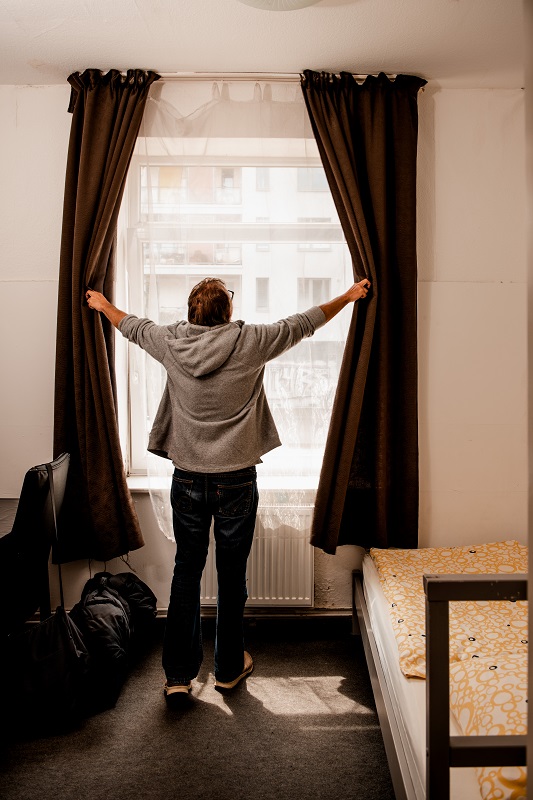
Help for the Homeless
A heart for people without a permanent home
Social welfare has been a top priority at Reemtsma for a century. What the company initially started in the 1920s for its employees at the then new company headquarters in Hamburg – including hygienic accommodation in its own dormitories for Reemtsma employees, company medical care or regular canteen meals – is still the core of the social responsibility that we as a company are happy to assume a century later: Help for those who need it most.
Proof of this today is, among other things, Reemtsma's diverse commitment to helping the homeless in Hamburg. This ranges from regular donations of clothing among our staff and the voluntary work of our employees with various aid organisations in our city, to the support of these institutions as part of the annual Reemtsma Help Day and our corporate donation programme, to the safe accommodation of homeless people in hotel rooms during the Corona pandemic in 2020/2021.

Corona Initiative 2020/2021
In order to protect homeless people not only from the cold, but above all from a possible Corona infection, we initiated a special local and cross-agency homeless aid project in Hamburg at the beginning of 2020. The goal: to distribute then-empty hotel rooms to needy people to provide them with a safe and hygienic retreat. Instead of being housed in overcrowded emergency shelters, they could recover from the hardships of life on the streets and recharge their batteries.
Reemtsma financed the accommodation in single or double rooms with two large donations totalling 600,000 euros as well as with further donations from Reemtsma employees, which were doubled by the company. The project partners Alimaus - day centre for homeless and needy people, the Hamburg street magazine Hinz&Kunzt and Diakonie Hamburg, together with the Caritas Association for Hamburg, took care of the organisation and, above all, the individual accompaniment of the people by experienced social workers.
In the course of the years 2020 and 2021, a total of more than 300 people could be accommodated safely and humanely in several project phases, sometimes for weeks at a time. Up to ten hotels and shelters throughout the city were involved. Particularly pleasing: Several residents found their way back into employment subject to social security contributions or into their own permanent housing.
In this way, the community project has also shown: "Housing First" concepts work. Often, adequate housing is the key for many people to sustainably improve their own situation.
